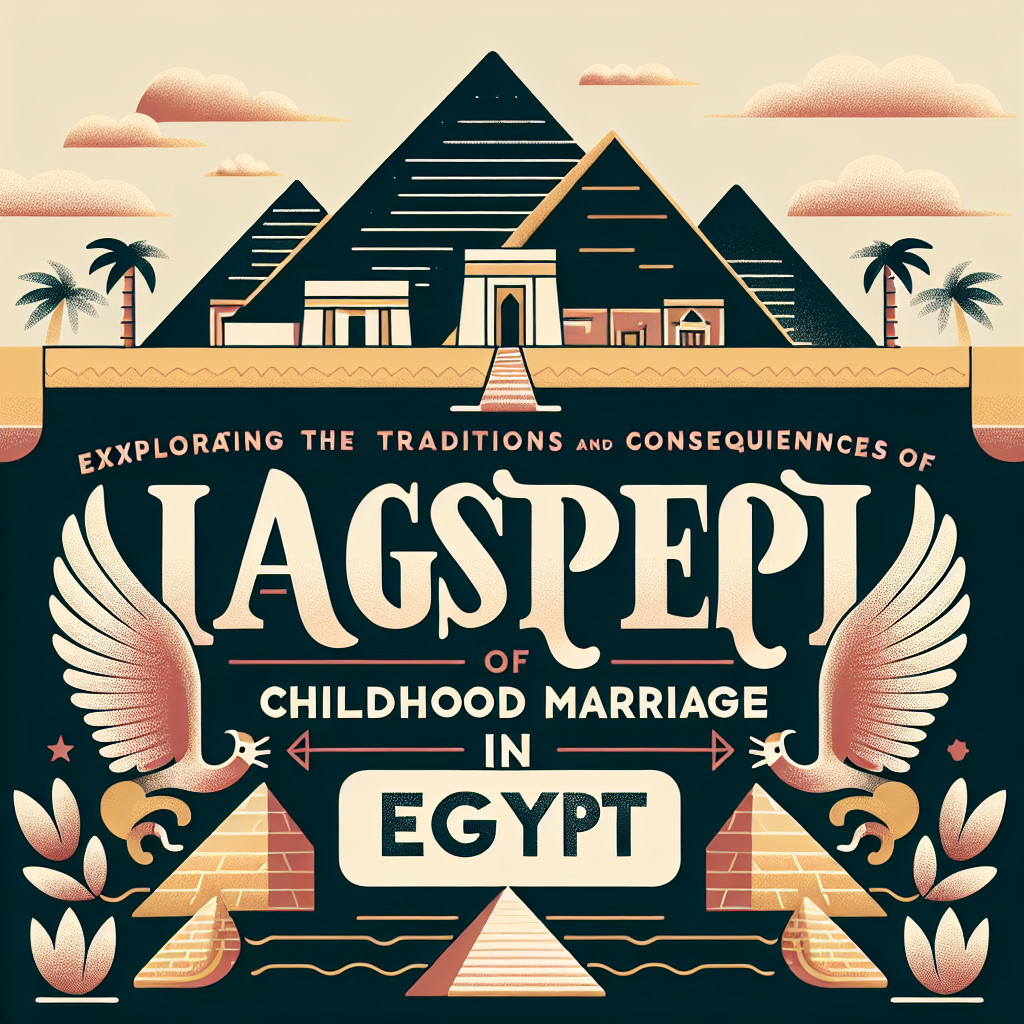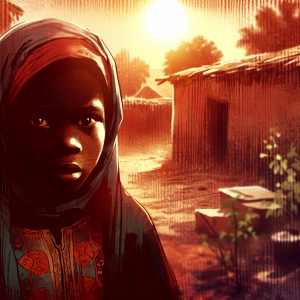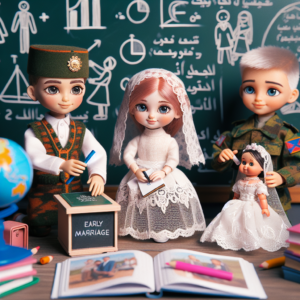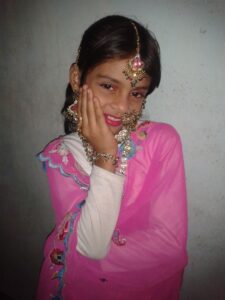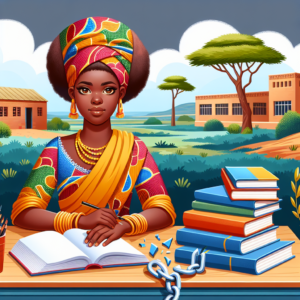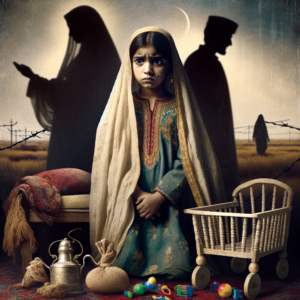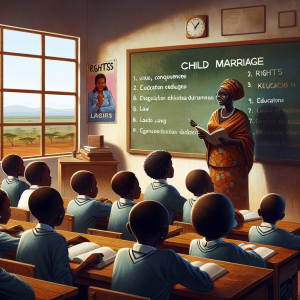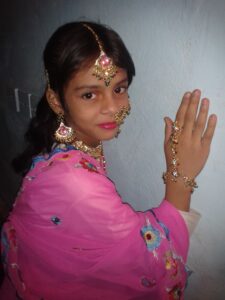Growing up in Egypt, one cannot escape the prevalent traditions surrounding childhood marriage. In a culture steeped in tradition and history, the practice of marrying off young girls is still a common occurrence, despite efforts to eradicate it. In this article, we will delve into the traditions and consequences of childhood marriage in Egypt.
Understanding the Traditions:
In Egypt, the practice of childhood marriage has deep roots in tradition and culture. Families often view marrying off their daughters at a young age as a way to secure their future and protect their honor. It is believed that marrying a girl off early ensures that she will be taken care of by her husband and his family, providing her with stability and security.
Despite efforts by the government and advocacy groups to outlaw the practice, it persists in many parts of the country. Poverty, lack of education, and societal pressure all contribute to the continuation of childhood marriage in Egypt. Families often feel compelled to marry off their daughters at a young age due to financial constraints or fear of social stigma.
The Consequences:
The consequences of childhood marriage are vast and long-lasting. Girls who are married off at a young age are often forced to drop out of school, limiting their educational and economic opportunities. They are also at a higher risk of experiencing domestic violence and health complications, including early pregnancies and childbirth.
Childhood marriage perpetuates a cycle of poverty and inequality, as young girls are denied the chance to pursue their dreams and reach their full potential. It also reinforces harmful gender norms and stereotypes, perpetuating the idea that women are meant to be submissive and dependent on men.
Voices Against Childhood Marriage:
Despite the challenges, there are voices in Egypt speaking out against childhood marriage. Advocacy groups, civil society organizations, and individuals are working tirelessly to raise awareness about the harmful effects of the practice and push for legal reforms to protect young girls.
One such advocate is Egyptian writer Nawal El Saadawi, who has been a vocal critic of childhood marriage in Egypt. She once wrote,
“Childhood marriage is a violation of human rights and must be abolished once and for all.”
Changing the Narrative:
To combat childhood marriage in Egypt, it is crucial to address the root causes of the practice and provide support for vulnerable communities. Education is key, as providing girls with access to quality education can empower them to make informed choices about their futures.
Empowering women and girls through economic opportunities and social programs can also help break the cycle of childhood marriage. By investing in the education and empowerment of young girls, we can create a future where every child has the chance to reach their full potential.
In conclusion, childhood marriage remains a pressing issue in Egypt, rooted in tradition and perpetuating harmful practices. It is crucial for all stakeholders to come together to address the root causes of the practice and work towards a future where every child has the chance to thrive. As we continue to explore the traditions and consequences of childhood marriage in Egypt, let us remember the words of author Chimamanda Ngozi Adichie, who said,
“We must raise our daughters differently, we must raise our sons differently.”
Together, we can create a more equitable and just society for all.



